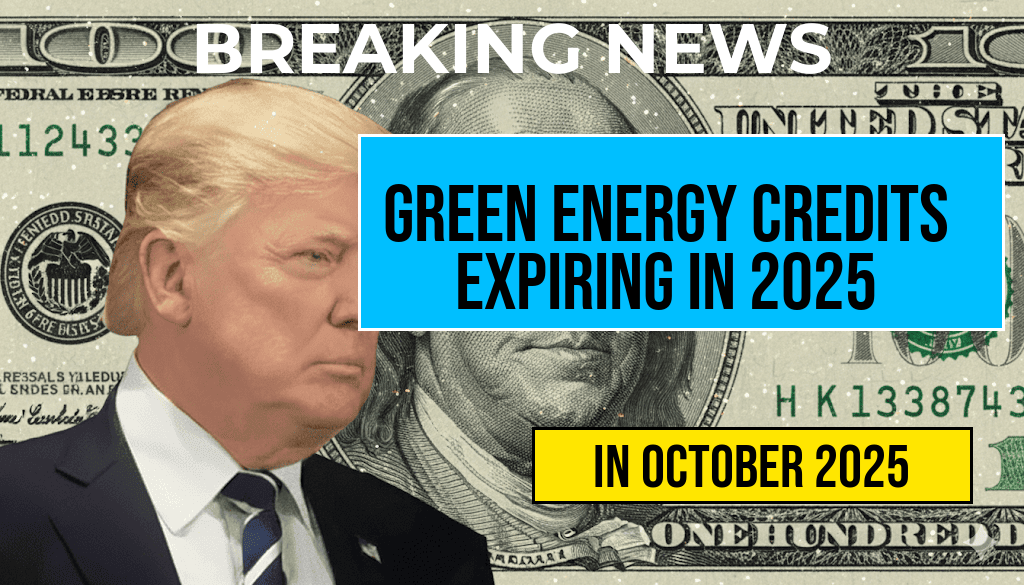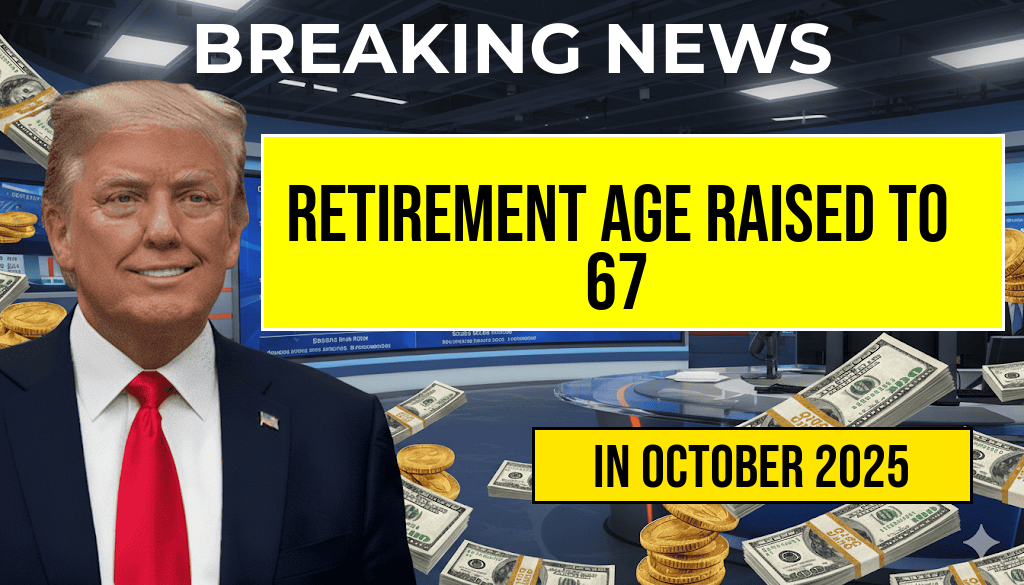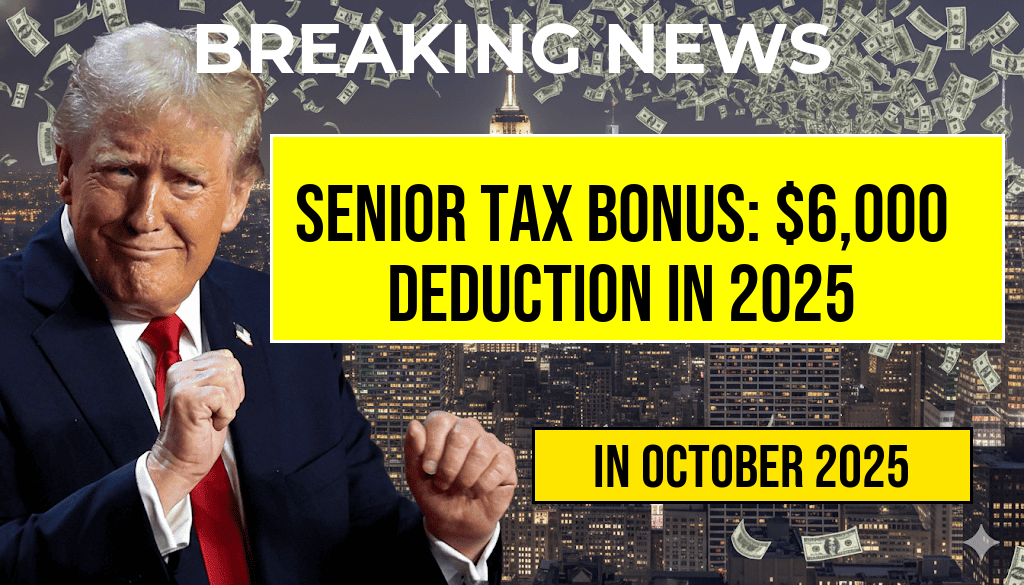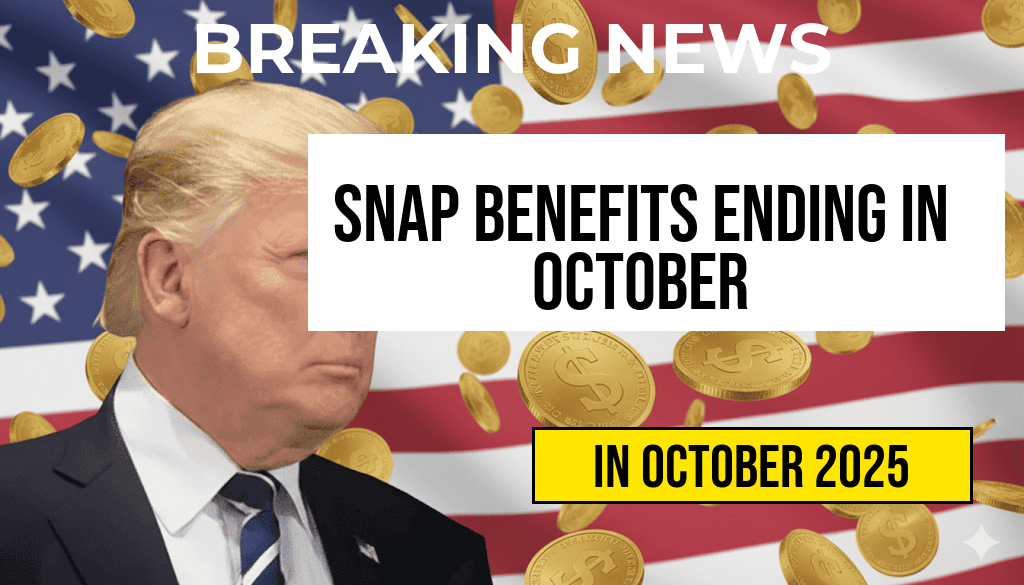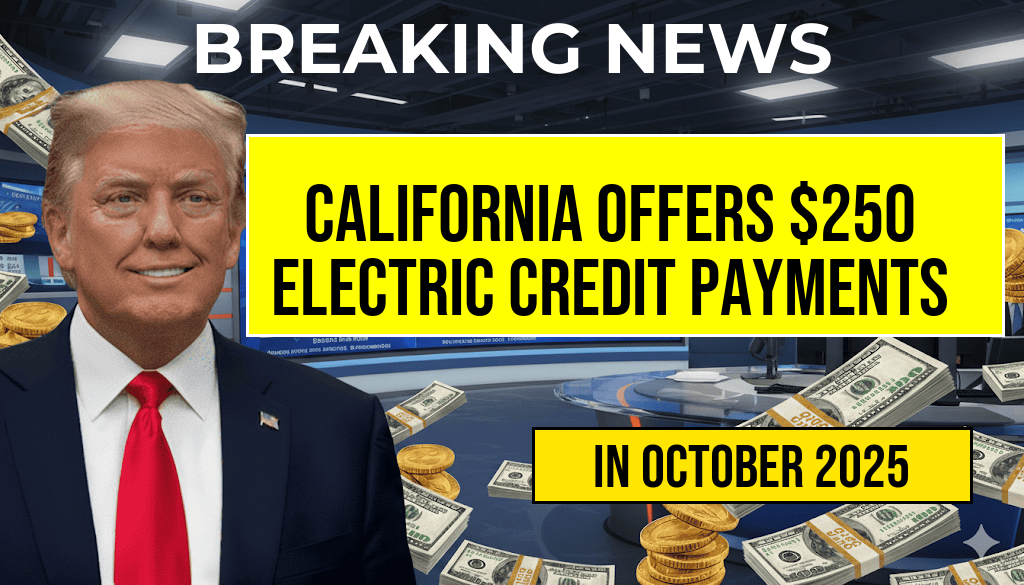As the calendar edges toward 2025, homeowners invested in renewable energy projects face a pivotal deadline for several federal green energy credits. These incentives, which have significantly reduced the upfront costs of installing solar panels, wind turbines, and other sustainable systems, are set to expire or undergo major revisions after December 31, 2024. This transition could influence the financial calculus for homeowners considering or currently pursuing residential solar investments. Understanding the upcoming changes, potential impacts on tax savings, and available alternatives is crucial for those aiming to maximize their return on renewable energy investments before the incentives end.
Background on Residential Renewable Energy Incentives
The federal government has historically supported residential renewable energy adoption through various tax credits. The most prominent among these is the Investment Tax Credit (ITC), which allows homeowners to deduct a significant percentage of the installation costs of solar energy systems from their federal taxes. Since its inception in 2006, the ITC has been a catalyst for the rapid growth of solar adoption across the United States. As of 2023, the ITC offers a 30% tax credit for systems installed through 2024, after which it is scheduled to drop to 26% for 2025 and then further decline unless extended or modified by Congress.
Key Changes Expected in 2025
Reduction in Tax Credit Percentage
- The current 30% tax credit for residential solar installations will decrease to 26% starting January 1, 2025.
- After 2025, the credit will further decline to 22% in 2026, unless legislative measures extend the incentives.
End of Federal Incentives for Certain Technologies
- Some renewable energy technologies, such as small wind turbines and microgrid systems, may see their federal tax credits expire or be phased out after 2024.
- Newer incentives, like the Inflation Reduction Act (IRA), introduced supplemental credits for specific projects, but these are also subject to legislative renewal.
Implications for Homeowners and Prospective Buyers
| Scenario | Tax Credit Percentage | Estimated Reduction in Out-of-Pocket Cost | Potential Savings Over System Lifespan |
|---|---|---|---|
| Installing solar in 2024 | 30% | Maximized | Highest |
| Installing solar in 2025 | 26% | Moderate decrease | Still substantial |
| Installing solar in 2026 | 22% | Further decrease | Lower than 2025 but still beneficial |
- Timing is critical: Homeowners planning to install solar or other renewable systems should aim to complete projects before the end of 2024 to maximize federal incentives.
- Budget adjustments: Expect increases in upfront costs in subsequent years, which may influence project feasibility or financing options.
- State and local incentives: Some states offer additional rebates or tax credits that could offset federal reductions, making early installation even more advantageous.
Legislative Outlook and Future Incentives
While the current scheduled reductions in federal tax credits are clear, legislative uncertainty clouds the future of renewable incentives. Policymakers have debated extending or expanding these credits to meet climate goals, but political gridlock could delay or alter these efforts. The Investment Tax Credit remains a key policy tool, and industry advocates are lobbying for its continuation or enhancement. Homeowners should monitor legislative developments closely, as future incentives could reshape the economics of renewable energy investments.
Strategies for Homeowners Considering Renewable Energy
Evaluate Your Timeline
- If you plan to install solar or other renewable systems, completing the project by the end of 2024 could maximize financial benefits.
- Consult with licensed installers early to understand lead times and ensure timely completion.
Explore State and Local Incentives
- Many states offer additional rebates, property tax exemptions, or sales tax waivers for renewable energy projects.
- Check with local utility providers for net metering policies and other programs that can improve project economics.
Assess Financing and Incentive-Forward Strategies
- Investigate financing options that include future tax credits or incentives to reduce upfront costs.
- Consider leasing or power purchase agreements (PPAs) if upfront costs are prohibitive, although these may impact eligibility for tax credits.
Resources for Homeowners
For comprehensive guidance, the U.S. Department of Energy’s Solar Homeowner’s Guide offers detailed information on installing renewable systems and understanding incentives. Additionally, consulting with local renewable energy associations or certified installers can provide tailored advice based on regional policies and available programs.
Frequently Asked Questions
What are Green Energy Credits and how do they benefit homeowners?
Green Energy Credits are incentives provided by the government to encourage the use of renewable energy sources. They help homeowners reduce the upfront costs of installing solar panels or other renewable systems by offering tax credits, making sustainable energy more affordable.
When will the Residential Tax Incentives for green energy expire?
The current Residential Tax Incentives for green energy are set to expire in 2025. Homeowners planning to take advantage of these credits should consider installing qualifying systems before this deadline to maximize their benefits.
How does the expiration of Green Energy Credits affect potential homebuyers?
The expiration of Green Energy Credits in 2025 may influence homebuyers’ decisions, as properties with installed renewable energy systems could be less financially attractive without available tax incentives. Buyers interested in sustainable homes should act before the credits expire.
What steps should homeowners take to maximize benefits before the 2025 deadline?
Homeowners should evaluate their eligibility and plan to install qualifying renewable energy systems such as solar panels before 2025. Consulting with a professional can ensure they maximize their tax credits and take full advantage of the current incentives.
Are there any alternatives or new incentives expected after the 2025 expiration?
While current Residential Tax Incentives are ending in 2025, there may be new programs or incentives introduced in the future. Homeowners should stay informed about policy updates and explore other financial assistance options for renewable energy projects.

